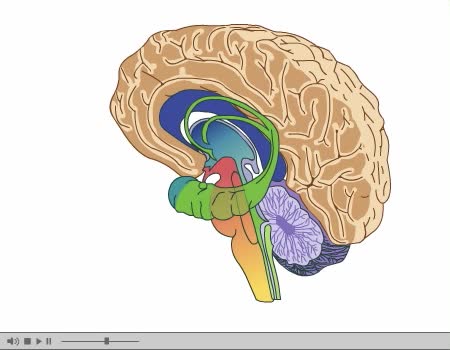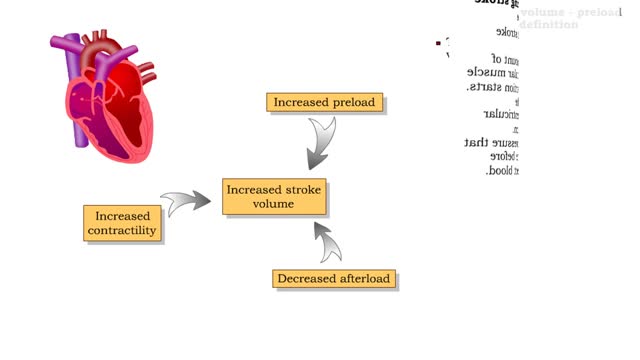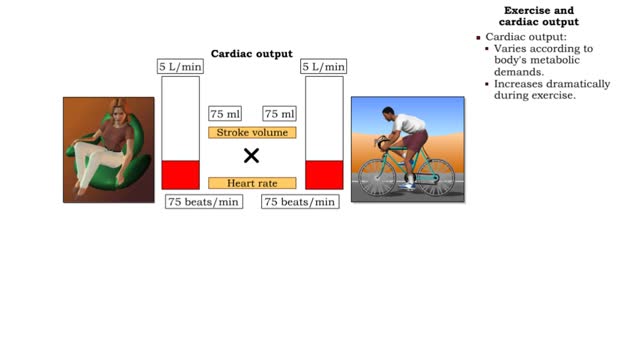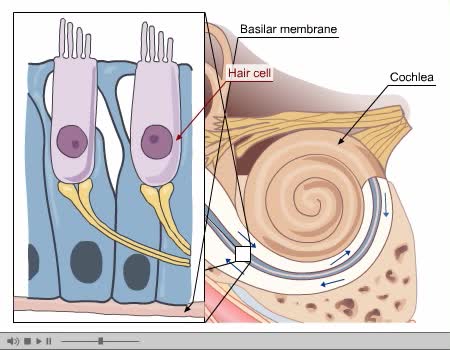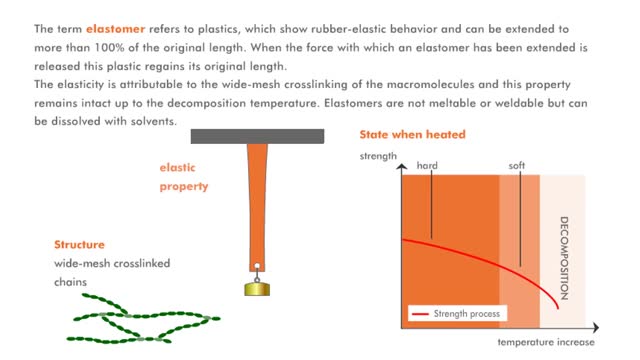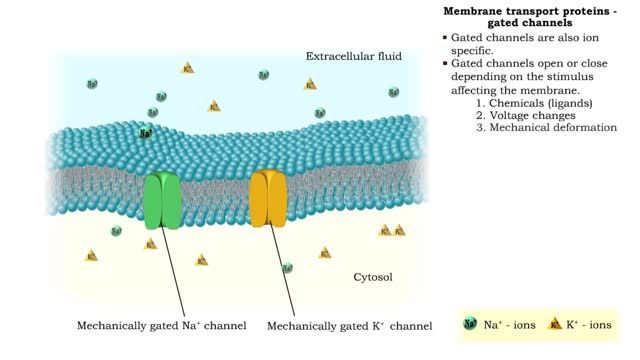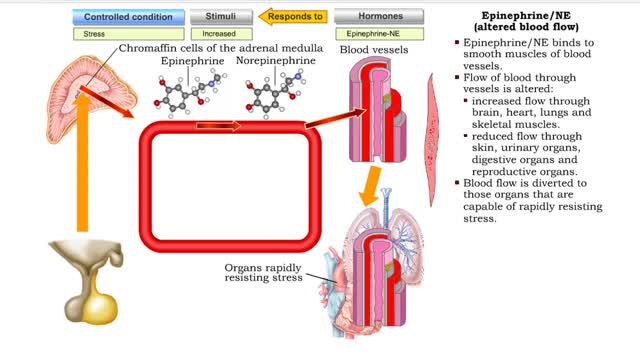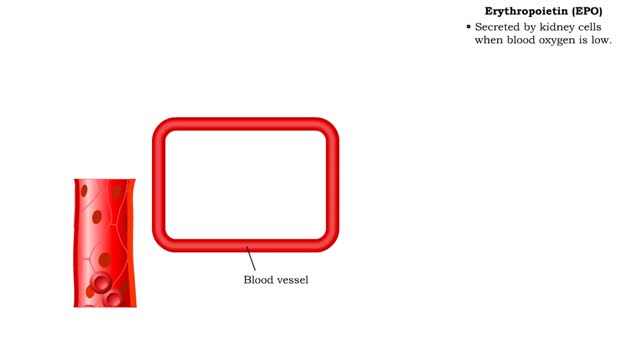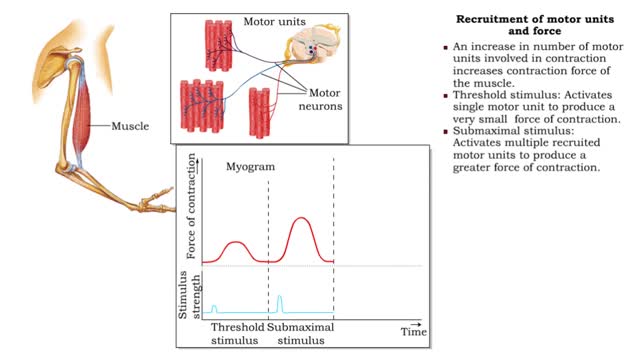Search Results
Results for: 'capillary hydrostatic pressure'
Brain Anatomy Animation (Part 2 of 2)
By: Administrator, Views: 14806
Its nervous tissue consists of millions of nerve cells and fibers. It is the largest mass of nervous tissue in the body. The brain is enclosed by three membranes known collectively as the meninges: dura mater arachnoid pia mater The major structures are the: cerebrum cerebellum dienc...
Definitions of stroke volume, preload definition & Factors influencing stroke volume
By: HWC, Views: 10313
• Stroke volume is directly correlated with cardiac output-the greater the stroke volume the greater the cardiac output. • Stroke volume represents the difference in the amount of blood between: • the volume in the ventricles at the end of diastole (end-diastolic volume EDV); • the ...
Exercise and cardiac output & Definition of stroke volume
By: HWC, Views: 10481
▪ Cardiac output: • Maintains blood flow throughout the body. • Measure of blood volume ejected from the heart over a given time. • Determined by multiplying heart rate by stroke volume (CO = SV x HR). • Heart rate: Number of beats/min. • Stroke volume: Amount of blood eject...
By: Administrator, Views: 13813
Process of Hearing Sound waves are directed to the eardrum, causing it to vibrate. These vibrations move the three small bones of the middle ear (malleus, incus, and stapes). Movement of stapes at oval window sets up pressure waves in the perilymph and endolymph. Process of Hearing The wav...
Properties of macromolecules (Explained with No Audio)
By: HWC, Views: 9413
The term thermoplast refers to a plastic, which when heated is soft and deformable, but which rehardens when cooled. The molecular structure of the macromolecules is comparable to a cotton ball in which the individual fibers of the macromolecules are shown. The fibers of the cotton ball can s...
Membrane transport proteins - pores, gated channels and pumps
By: HWC, Views: 10677
• a Three different types of membrane ion transport proteins are required to produce and carry electrical signals: • Pores • Gated channels • Na+/ K+ pump • Pores are always open and allow the diffusion of Na+ and K+ ions across the membrane, down their concentration gradients...
Epinephrine/NE (heart rate, altered blood flow, glycogenolysis & bronchodilation)
By: HWC, Views: 10346
• Stressors trigger increased sympathetic stimulation from the hypothalamus to the chromaffin cells of the adrenal medulla. • This causes the immediate release of epinephrine and norepinephrine (NE). • Epinephrine/NE binds to the cardiac muscles of the heart. • Cardiac muscle cells ...
Red Blood Cells - Erythropoietin (EPO)
By: HWC, Views: 10409
• The endocrine system maintains many body conditions within normal limits with feedback loops. Each endocrine feedback loop maintains homeostasis using the following components: • Stimulus - a change in a body condition. • Production cell - an endocrine cell that produces a hormone aft...
Frequency of stimulation and force (Recruitment of motor units and force)
By: HWC, Views: 10797
• Muscle tension depends on the frequency of stimulation. • Muscle twitch: First stimulus. • Wave summation: When a second stimulus excites a partially relaxed muscle, producing a stronger contraction. • Unfused tetanus: Successive stimulations at the same frequency, producing a se...
Advertisement



